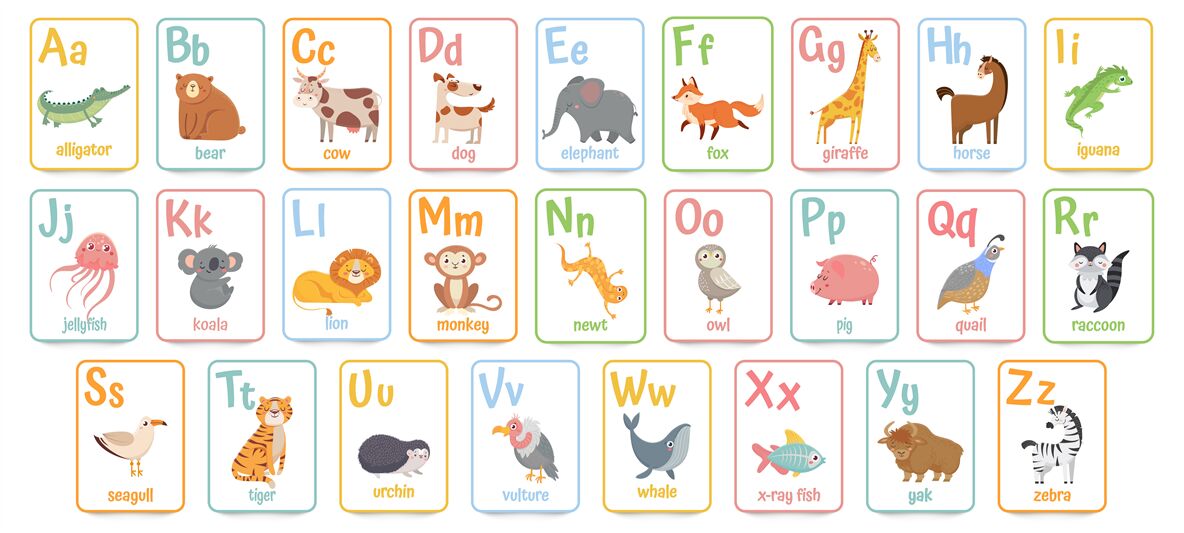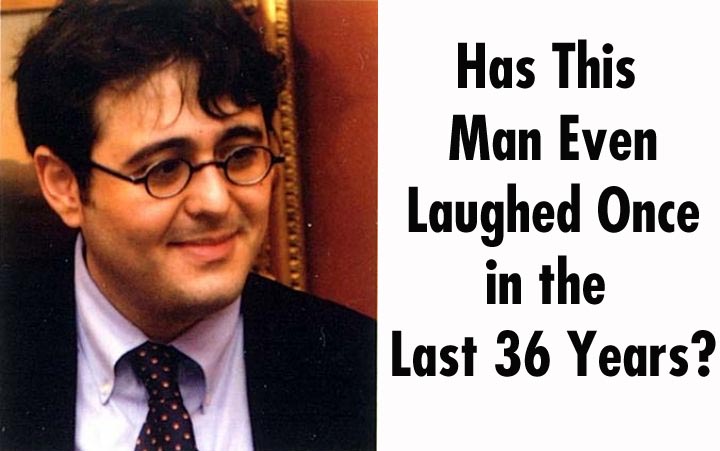[PREFACE TO THE DIARIES: Sometime in 2021, I ran into Eric Chinski, who was then the editor-in-chief of Farrar, Straus and Giroux. I bought Chinski a drink. Chinski then snarled at me and screamed, “Why is this motherfucking mixologist serving bottom-shelf liquor?” I gave Chinski a hug. Because I knew he had fastidious standards: in drinks and in books. Then he condemned my hug as being “not sufficiently supportive.” I flashed a look at the jazz drummer, who was between sets on the small dais, and he shrugged — this after I had tipped him ten bucks while the affluent people around me didn’t even acknowledge him at all. Chinski then mentioned something about Charles Sumner being caned by Preston Brooks and how this was a better way of resolving disputes than the system that we had now. (These are the sorts of subjects that obnoxious literary people tend to bandy about.) And somehow the two of us were kicked out of the bar. Chinski had made the mistake of leaving his coat inside the bar. And the bouncer refused to let either of us in to reclaim said coat. As I observed Chinski’s face turn blue from pneumonia, I gave him my coat. Chinski stopped shivering, but seemed oblivious to my own lack of protection against the elements. (I would spend the next week in bed, holed up with the flu, with only a Costco package of Chunky Soup and a cat I had kidnapped from one of my neighbors for company.) Chinski asked me to call him a Lyft and I did. As we waited for the driver, I told Chinski that I had access to one of my diaries, but that this was a special diary — one that extended into 2029. Chinski was intrigued by the idea and suggested that I put all of the diary entries in order. “We could publish it as a book! The Abecedarian Diaries of Edward Champion! It could be your comeback!” “Who on earth would be interested in anything I had to say?” I asked. “Oh, they wouldn’t,” said Chinski. “But they would be very interested in knowing what awaited them in the future!” Then, as the Lyft sailed up to the curb, Chinski tossed me my coat, offered me a fourteen ingredient recipe for restorative cocoa, and said that the people at FSG would be in touch with me. Well, as you can see from the entries, things went a little sideways. And it was Sheila Heti who used her mercenary business skills and literary connections to claim my idea as her own. And would you believe it? She changed “Abecedarian” to “Alphabetical.” The nerve! These days, I try not to get involved in literary disputes, but I do feel compelled to share you some of the diary entries that I passed on to Chinski. I shall let the reader infer the veracity of my book project. But I still maintain that I was first!]
The Abecedarian Diaries (2019-2029)
Ambulance sirens nonstop. Three people I know are now dead of this COVID thing. How much Minesweeper and Wolfenstein can I play to distract myself from crying? (April 4, 2020)
* * *
Another message from Sheila Heti in the office. Why does she keep calling me? More importantly, how does the receptionist maintain a supply of those pink WHILE YOU WERE OUT slips? I didn’t even know they were manufactured anymore, much less sold in stores. I’m not sure why Heti keeps calling and I have no idea what she wants or how she tracked down where I work. But I am worried. This deal with FSG barely came together and now Chinski is telling me on the q.t. that they can’t publish me because I’ve been canceled multiple times. But you know the literary world. Everything is constructed on a delicate framework. I’m tempted to call Heti back, but the last time I ran into her (at a mellow board games cafe in The Annex, where she was the only one not playing games and complained about agents and publishers asking her to write fiction to her male companion), she was insufferable, as she always is. (July 9, 2022)
* * *
Biden really fumbled the debate tonight. He’s looking older and frailer. And most people I’ve talked with don’t have any confidence in him. But he’s the only candidate we have. Senescence or fascism. These are the choices. Still I can’t help but wonder why these Republican front-runners keep committing suicide. Yeah, I know they keep unsealing these court documents, but surely it’s not that bad, is it? This is the third guy who Biden has had to debate after the first two killed themselves. And I guess we’ll find out what’s in these documents once the historians roll up their sleeves and publish their books in the next ten years! (October 22, 2024)
* * *
Big news from my agent! Chinski is all in with the alphabetical diaries book! He says that people will at long last understand me! FSG can’t pay me much, but it is a solid boost to one’s confidence to have some publisher interested. Granted, I don’t think that anything I have to say in my diaries is especially important. And I think rearranging my diary entries into alphabetical order isn’t going to reveal anything especially interesting about me. (November 4, 2021)
* * *
Can you believe it? They finally got Gaetz. Again! Took ’em long enough. Now if only the people of Florida would stop electing convicted felons to office. (March 4, 2028)
* * *
Carl Wilson was kind enough to return my call this morning. He says my best bet as a writer is to write a nice little book for 33+1⁄3 on Taylor Swift. If I have the Swifties in my corner, maybe I have a shot at salvaging the FSG deal. Although it looks like Johnson is sticking with Heti and claiming that Chinski was drunk and out of his fucking mind when he first agreed to publish The Alphabetical Diaries of Edward Champion as a book. (April 14, 2023)
* * *
Didn’t hear back from Chinski. That’s two weeks. I’m getting a little worried. My agent is also making calls. I haven’t called back Heti, although a contact I have who is close to Margaux Williamson suggest she’s behind this. As is that litblogger who she used to hook up with. I’m lying low for now and hoping for the best. JL and SR tell me that this is the kind of nonsense one should expect before publication. But this very much feels like an American Dirt-style inside job. And the hell of it is that this was just me rearranging a few of my diary entries in alphabetical order. (November 9, 2022)
* * *
Heti’s voicemails are growing increasingly deranged. Constant shouts. And is she playing mariachi music very loud in the back? Anyways, she’s claiming that she would ensure that I would never get published again if I didn’t abdicate the Alphabetical Diaries rights back to her. (Uh, like I was getting published before?) My agent said that Heti has us over a barrel. He also told me that he could no longer represent me as a client. So it looks like my book proposal is about to be plundered by that 46-year-old literary tyrant in Toronto. And it looks like the pub date is February 2024. Just as I thought I was getting a fucking break. Oh well. I still have my audio drama to record. (January 15, 2023)
* * *
I dropped down on my knee and she said yes! After four decades of being single, I’m finally going to get hitched! Never thought I was the marrying type, but she’s the right one and I can’t believe my luck! (July 3, 2025)
* * *
I’m now down twenty pounds ever since I stopped smoking. No desire for a cigarette anymore, but the endorphin rush of exercise has become all-consuming. What kind of man am I turning into? My younger self wouldn’t recognize this man. (March 24, 2025)
* * *
Met a fellow on the subway who had no teeth. I asked him to recite the Gettysburg Address and he took a swing at me. I can’t say I blame him. I’ve sometimes been tempted to growl at anyone who asks me to perform the “And I will go on hurting you” speech from Star Trek II: The Wrath of Khan, but it’s so much better to just get it over with. Do the goddamned monologue and remain congenial. Know what I mean? If they want my Khan Noonien Singh rather than my King Lear, it’s not my fault that they can’t appreciate my storm speech! (February 4, 2023)
* * *
Sony said yes! I can’t believe it. They are releasing my debut album, Dirges, Ballads, Ditties Goddammit from a Bald Man!, in the fall of 2026! And I’m getting a ten city tour! I asked my agent — the new one who actually knows how to tie a double Windsor knot — if he was sure that I could pack mid-sized venues like this. I’m a middle-aged man, for fuck’s sake. And he said that the publicity machine believes me to the second coming of Kris Kristofferson with this new material. He also told me that I’ll need to grow a beard and be “more sensitive” in interviews — whatever the hell that means! Man, if I knew it would have gone down like this, I never would have attempted to be part of the literary racket! (August 18, 2025)
* * *
The former literary biographer so bereft of purpose that he shoots up the Mall of America, killing 45 people before turning the gun on himself. A tragic day. I remember a happy day years ago in which [REDACTED] took me to the Mall and I ended up buying a goofy Zygons shirt. Making calls to peeps in the Twin Cities this morning to make sure they’re okay. (May 19, 2026)
* * *
Went home last night with a cute woman who locked eyes with me last night at the Cobra Club. Woke up this morning and learned that she had herpes. After cooking her breakfast and being forced to give her $200 (she apparently took compromising photos of me as I slept), I called Planned Parenthood to schedule an appointment to test and remove any potential genital warts. But apparently there’s a lot of this thing going around and the first available appointment is three months from now. (November 21, 2019)

